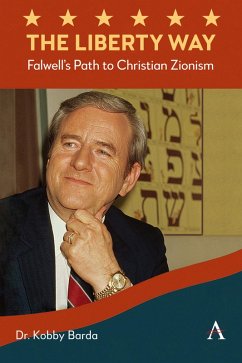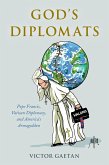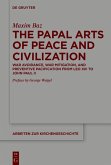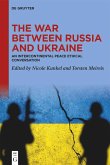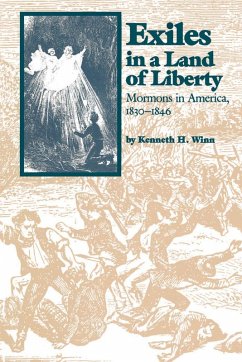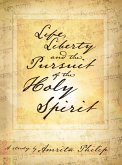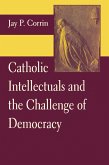This book explores the strategic role of Liberty University, church planting networks, and grassroots mobilization in shaping U.S. policy toward Israel. It examines how Dr. Jerry Falwell, through his leadership at Liberty University and the Moral Majority, built a powerful evangelical coalition that effectively influenced Congress and the White House. By analyzing the intersection of faith, politics, and diplomacy, the book uncovers how Christian Zionism became a central force in conservative American politics, fostering a deep alliance between evangelicals and the Israeli government. Falwell's relationship with Israeli leaders, particularly Prime Minister Menachem Begin, marked a turning point in evangelical engagement with U.S.-Israel relations.
Drawing on archival research, policy analysis, and historical case studies, this study reveals how church planting initiatives were not just religious efforts but also political mobilization tools. Through Liberty University's extensive alumni network, pastors and church leaders across the United States incorporated pro-Israel advocacy into their congregations, fostering a committed base that actively lobbied for policies such as the relocation of the U.S. embassy to Jerusalem, foreign aid to Israel, and support for settlement expansion. The book highlights how evangelical activism extended beyond sermons and theological discourse, transforming into a well-organized political force with direct influence on U.S. foreign policy.
By tracing the historical evolution of evangelical political engagement, this book provides critical insights into the mechanisms by which grassroots activism, theological imperatives, and institutional influence shaped American diplomacy in the late 20th and early 21st centuries. It situates evangelical support for Israel within the broader conservative movement, illustrating how religious convictions translated into political action. As debates over faith-based politics and foreign policy continue to shape America's global role, this book offers a timely and essential contribution to understanding the enduring impact of Christian Zionism on U.S.-Israel relations.
Drawing on archival research, policy analysis, and historical case studies, this study reveals how church planting initiatives were not just religious efforts but also political mobilization tools. Through Liberty University's extensive alumni network, pastors and church leaders across the United States incorporated pro-Israel advocacy into their congregations, fostering a committed base that actively lobbied for policies such as the relocation of the U.S. embassy to Jerusalem, foreign aid to Israel, and support for settlement expansion. The book highlights how evangelical activism extended beyond sermons and theological discourse, transforming into a well-organized political force with direct influence on U.S. foreign policy.
By tracing the historical evolution of evangelical political engagement, this book provides critical insights into the mechanisms by which grassroots activism, theological imperatives, and institutional influence shaped American diplomacy in the late 20th and early 21st centuries. It situates evangelical support for Israel within the broader conservative movement, illustrating how religious convictions translated into political action. As debates over faith-based politics and foreign policy continue to shape America's global role, this book offers a timely and essential contribution to understanding the enduring impact of Christian Zionism on U.S.-Israel relations.
Dieser Download kann aus rechtlichen Gründen nur mit Rechnungsadresse in A, D ausgeliefert werden.

